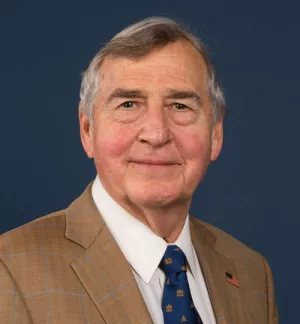Fifty years ago, the Cuban missile crisis brought the world to the brink of nuclear disaster. During the standoff, U.S. President John F. Kennedy thought the chance of escalation to war was "between 1 in 3 and even," and what we have learned in later decades has done nothing to lengthen those odds. We now know, for example, that in addition to nuclear-armed ballistic missiles, the Soviet Union had deployed 100 tactical nuclear weapons to Cuba, and the local Soviet commander there could have launched these weapons without additional codes or commands from Moscow. The U.S. air strike and invasion that were scheduled for the third week of the confrontation would likely have triggered a nuclear response against American ships and troops, and perhaps even Miami. The resulting war might have led to the deaths of 100 million Americans and over 100 million Russians.
The main story line of the crisis is familiar. In October 1962, a U.S. spy plane caught the Soviet Union attempting to sneak nuclear-tipped missiles into Cuba, 90 miles off the United States' coast. Kennedy determined at the outset that this could not stand. After a week of secret deliberations with his most trusted advisers, he announced the discovery to the world and imposed a naval blockade on further shipments of armaments to Cuba. The blockade prevented additional materiel from coming in but did nothing to stop the Soviets from operationalizing the missiles already there. And a tense second week followed during which Kennedy and Soviet Premier Nikita Khrushchev stood "eyeball to eyeball," neither side backing down.
Saturday, October 27, was the day of decision. Thanks to secret tapes Kennedy made of the deliberations, we can be flies on the wall, listening to the members of the president's ad hoc Executive Committee of the National Security Council, or ExComm, debate choices they knew could lead to nuclear Armageddon. At the last minute, the crisis was resolved without war, as Khrushchev accepted a final U.S. offer pledging not to invade Cuba in exchange for the withdrawal of the Soviet missiles.
***
The full-text of the article is available (with subscription) at Foreign Affairs here.
Also, see a condensed version of Graham Allison's Foreign Affairs article in his New York Times op-ed here.
Allison, Graham. “The Cuban Missile Crisis at 50.” Foreign Affairs, July/August 2012





